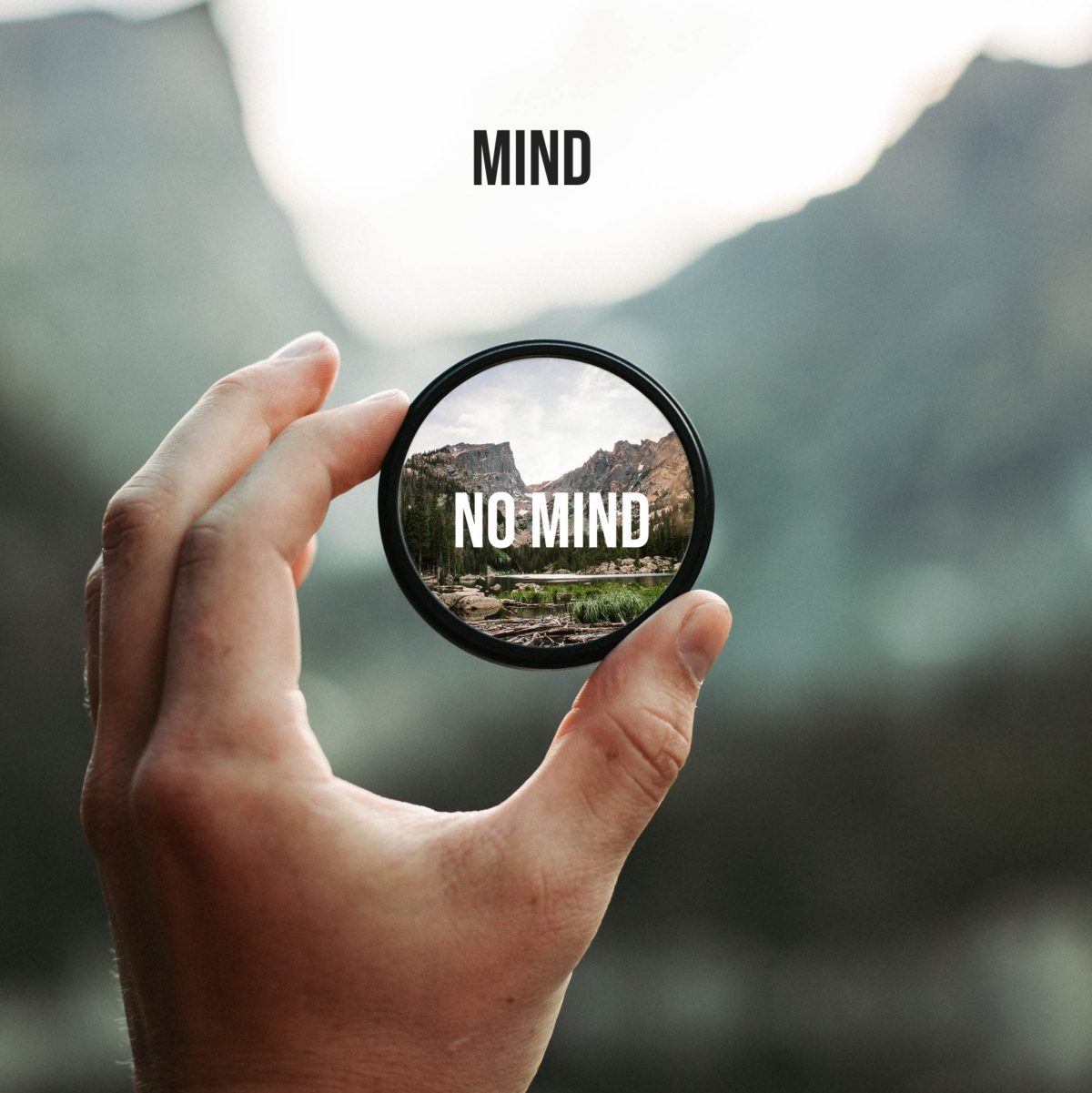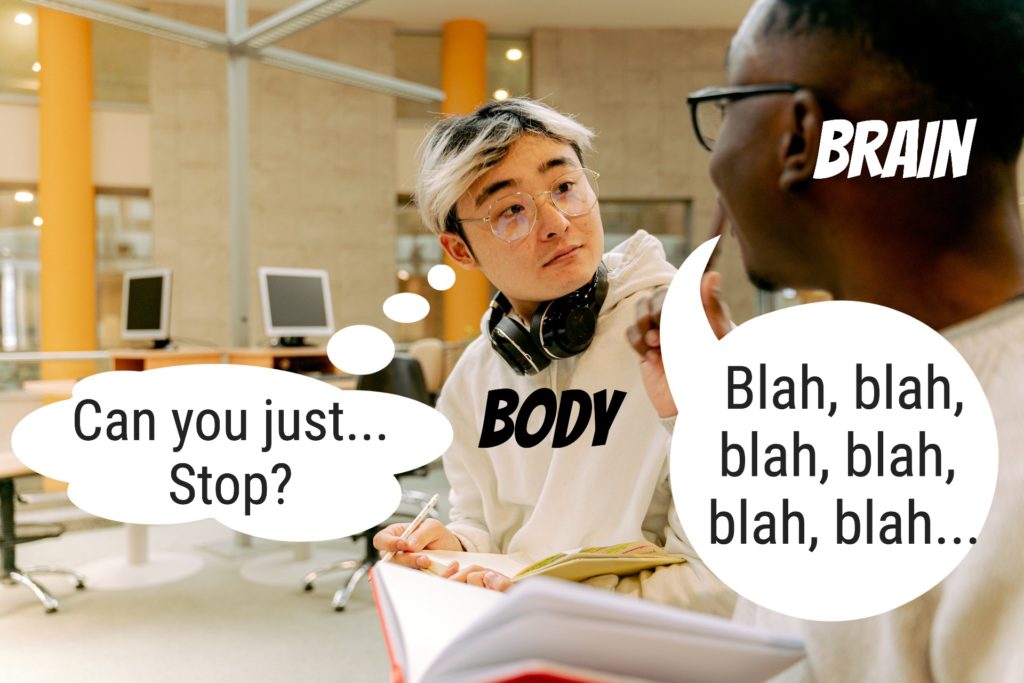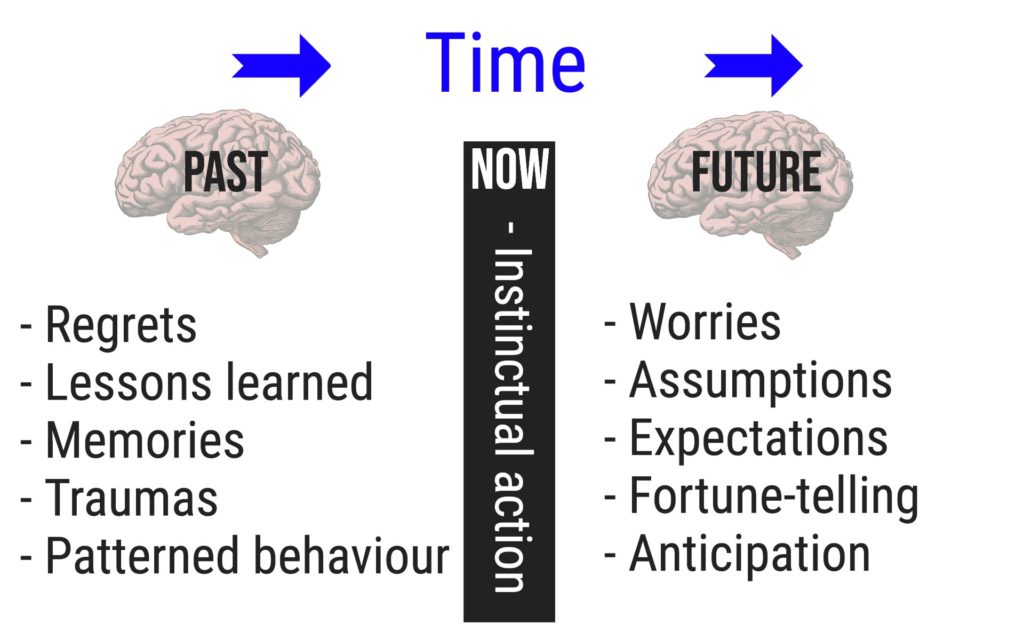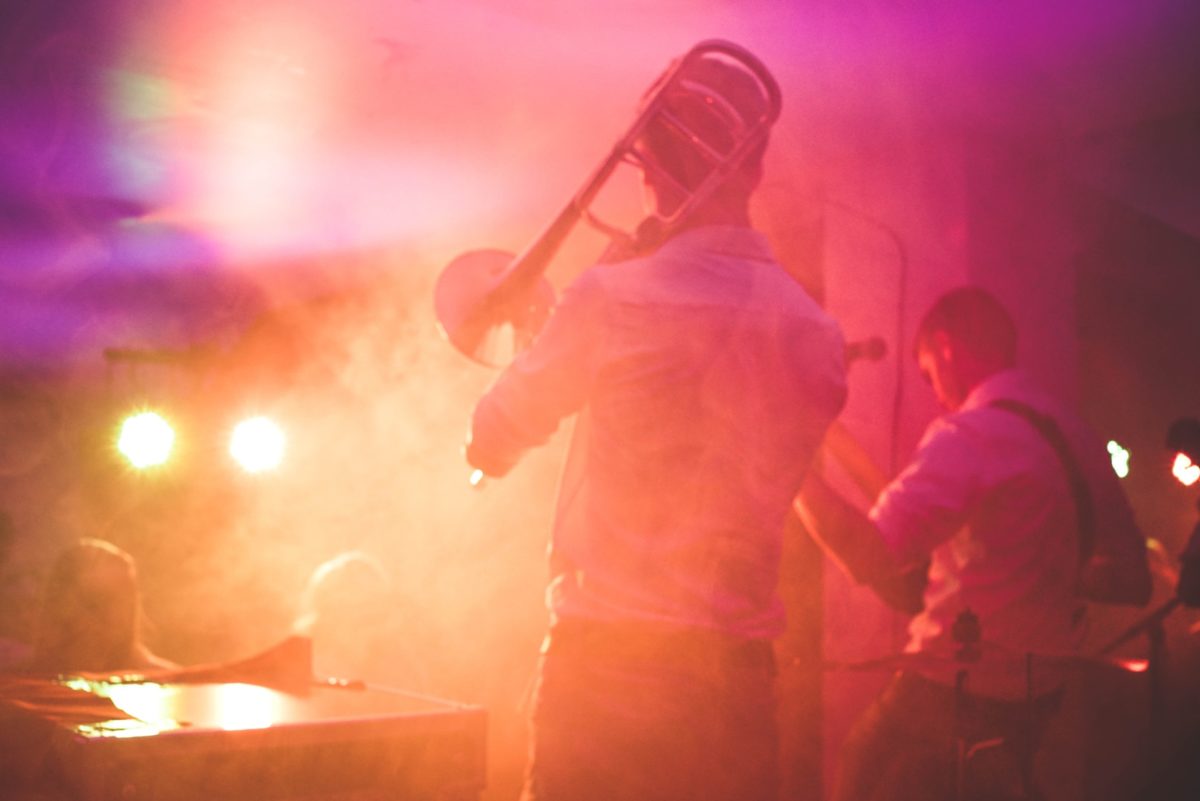We’ve done it again, folks.
After two years-ish of living in our triplex in Halifax proper, we felt the need for a change.
Fast-forward through all the stress of getting outbid over and over, and we found this roomy little number (well, the number is blurred out, but you know what I mean).
A few details about the place:
- It’s a detached home, so we can be our rambunctious selves without pissing off the neighbours… Too much.
- It has three bedrooms, and we have plans to add a fourth (since we’ll be working/sleeping in the others).
- Two floors, two bathrooms. AKA, my wife won’t be complaining about my beard shavings in the sink anymore.
We did the bulk of the moving yesterday, so only the living room has any semblance of normalcy at the moment, but we both booked three more days off to finalize the move and start unpacking the many MANY boxes.
So you might ask, what does this mean for my music work going forward? Well, two things really:












